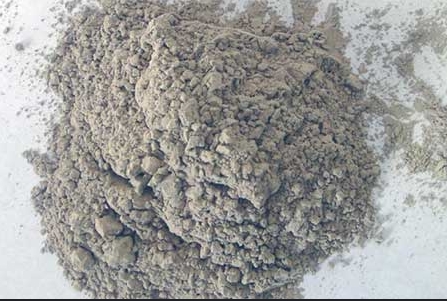How Strong is Refractory Cement?
Sep 09, 2024Refractory cement plays a vital role in industries that rely on high-temperature operations, such as steel manufacturing, glass production, and power plants. The strength of refractory cement is what sets it apart from ordinary construction materials, ensuring its ability to withstand extreme heat, mechanical stress, and chemical exposure. In this article, we explore how strong refractory cement is and why it is a crucial component in high-temperature industrial applications.
Refractory cement is a specialized binding material that can endure high temperatures and harsh environments. Composed primarily of materials like alumina, silica, and calcium aluminate, this cement has a much higher resistance to heat than traditional Portland cement. It is commonly used in lining furnaces, kilns, incinerators, and other structures that need to sustain temperatures of 1000°C (1832°F) or more.
The unique composition of refractory cement makes it highly durable and heat-resistant, perfect for industries where high thermal endurance is required.
One of the key features of refractory cement is its mechanical strength. Under high temperatures, ordinary cement can lose its structural integrity, causing potential damage to equipment and infrastructure. In contrast, refractory cement maintains its strength even when exposed to temperatures as high as 1600°C or more, depending on the specific formulation.
Refractory cement achieves this mechanical strength through the presence of alumina and calcium aluminate. These materials help the cement bond tightly when exposed to high heat, forming a hard, durable structure that resists cracking and erosion. It is ideal for applications like furnace linings, boilers, and rotary kilns where intense heat and mechanical stress occur simultaneously.
Refractory cement's strength is not only defined by its heat resistance but also by its chemical durability. In many high-temperature environments, chemical reactions such as oxidation, corrosion, and exposure to acidic gases can occur. Refractory cement is designed to resist chemical attacks, preventing degradation caused by contact with harsh substances.
This chemical resistance ensures that the cement remains strong even in aggressive atmospheres, such as those found in chemical processing plants and refineries. Its durability makes it an indispensable material for maintaining the longevity and performance of industrial equipment.

One of the most critical aspects of refractory cement’s strength is its thermal shock resistance. Many industrial processes involve rapid temperature changes, which can cause significant stress on materials. Traditional cement would crack or break under such conditions, but refractory cement is designed to withstand these sudden temperature fluctuations.
The ability to endure both heat and cold in rapid succession without structural damage is what truly sets refractory cement apart. This ensures that it can be used in applications like furnace repair or heat treatment equipment, where repeated heating and cooling cycles are common.
Refractory cement’s strength allows it to be used in a wide variety of industrial applications, including:
In conclusion, refractory cement is incredibly strong due to its ability to resist high temperatures, mechanical stress, and chemical corrosion. Its strength lies in its unique composition, making it an essential material for high-temperature industries. Whether you need to line a furnace, construct a kiln, or protect industrial equipment from heat and chemicals, refractory cement offers unmatched durability and performance.
For more information on our high-quality refractory cement, visit our product page and discover how our solutions can enhance your industrial processes.